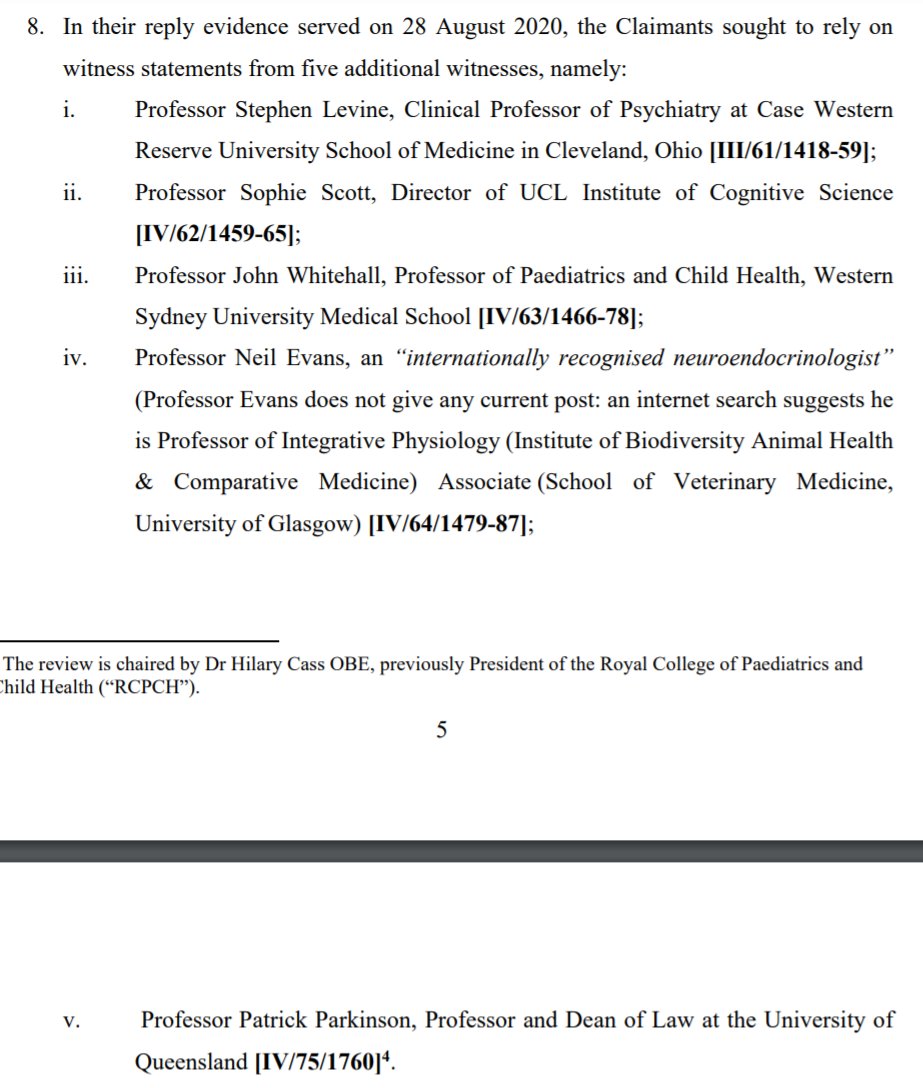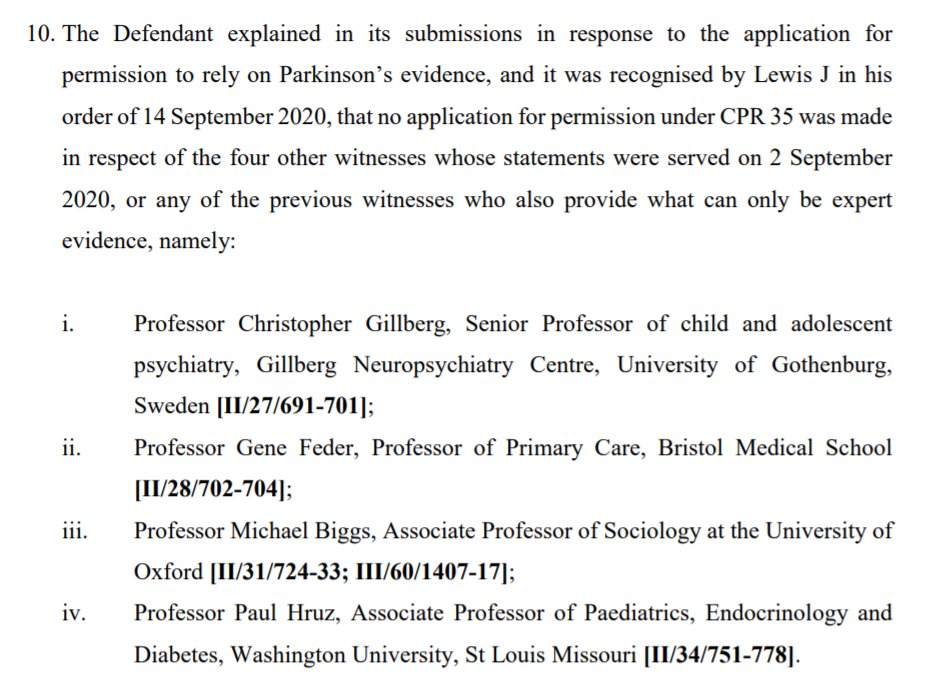
"The end of the Transition Period provides an historic opportunity to overhaul our outdated public procurement regime," writes Lord Agnew in this long awaited Green Paper assets.publishing.service.gov.uk/government/upl…. If these words don't strike terror into your heart they should.
Remember, the Government's position is that no one has the ability to bring a public interest challenge to it giving contracts worth hundreds of millions to its mates. Only disaffected bidders, Government says, can bring those challenges.
We don't yet know whether Government's position is right. The position of the Administrative Court so far, is that it is arguable we do have standing. But we have no *financial* interest in pursuing procurement claims in the public interest.
Even if you assume that the Government is wrong and we do have standing, for us to bring challenges to seek protect the public interest in Government not corruptly contracting with its friends, we have to ask you for money. There is no other way to fund that action.
Indeed, it is quite a lot worse than that because the Government is seeking to confront @GoodLawProject with existential risk in bringing these challenges. Here is what the Government told the Court in, I believe, an attempt to scare us off pursuing these procurement challenges. 

Government has hired DAC Beachcroft - a commercial firm whose rates might be £300-£500 an hour - and the costs of the exercise they are here describing could easily be £5-10m. So you would almost be mad (no comments please) to pursue a procurement claim in the public interest.
So if we can't do it - and we are trying to work out how we might - then who will?
And now we come to the especially egregious bit in Government's Green Paper.
And now we come to the especially egregious bit in Government's Green Paper.
Usually it is disaffected bidders - the proper PPE supplier that lost out to someone ushered through the VIP channel - who brings a procurement claim. And even they are heavily disincentivised to bring a procurement claim for two reasons.
The first is that, even they are put off by Government's ability to spend limitless amounts of money to increase the risk of bringing a procurement claim (in our legal system the loser pays the winner's costs) and there is never any certainty in litigation.
And the second is that most companies believe - rightly or wrongly but in my experience they almost universally believe it - that if they sue the Government for giving the contract to a crony they will never win another Government contract again. So they keep their heads down.
Where, despite those reasons they do sue, they sue because they have a hope of recovering damages in the amount of the profits they would have won had the Government awarded the contract properly and fairly. And this is where the Green Paper comes in.
What the Green Paper proposes is this: a cap on the amount of damages that you can recover if, despite the huge costs risk of bringing a claim and the threat of commercial reprisals from Government, you do bring a claim and succeed. 

So you reduce or remove such small incentive as there might be to bring a procurement claim.
So, and this is our initial reading, you would have (1) no public interest defender and (2) effectively no commercial defender of proper procurement either.
So, and this is our initial reading, you would have (1) no public interest defender and (2) effectively no commercial defender of proper procurement either.
Government does say the cap should not apply "where malfeasance has been demonstrated" (para 212). But how can you know at the outset, when you have to decide whether you can sue but have no information at all, that there is corruption?
We will come back to this subject soon but we are concerned that the Green Paper - only possible, as the opening sentence of the Ministerial Foreword says because of Brexit - might de facto allow Ministers to contract to advance their own financial and political interests.
• • •
Missing some Tweet in this thread? You can try to
force a refresh







